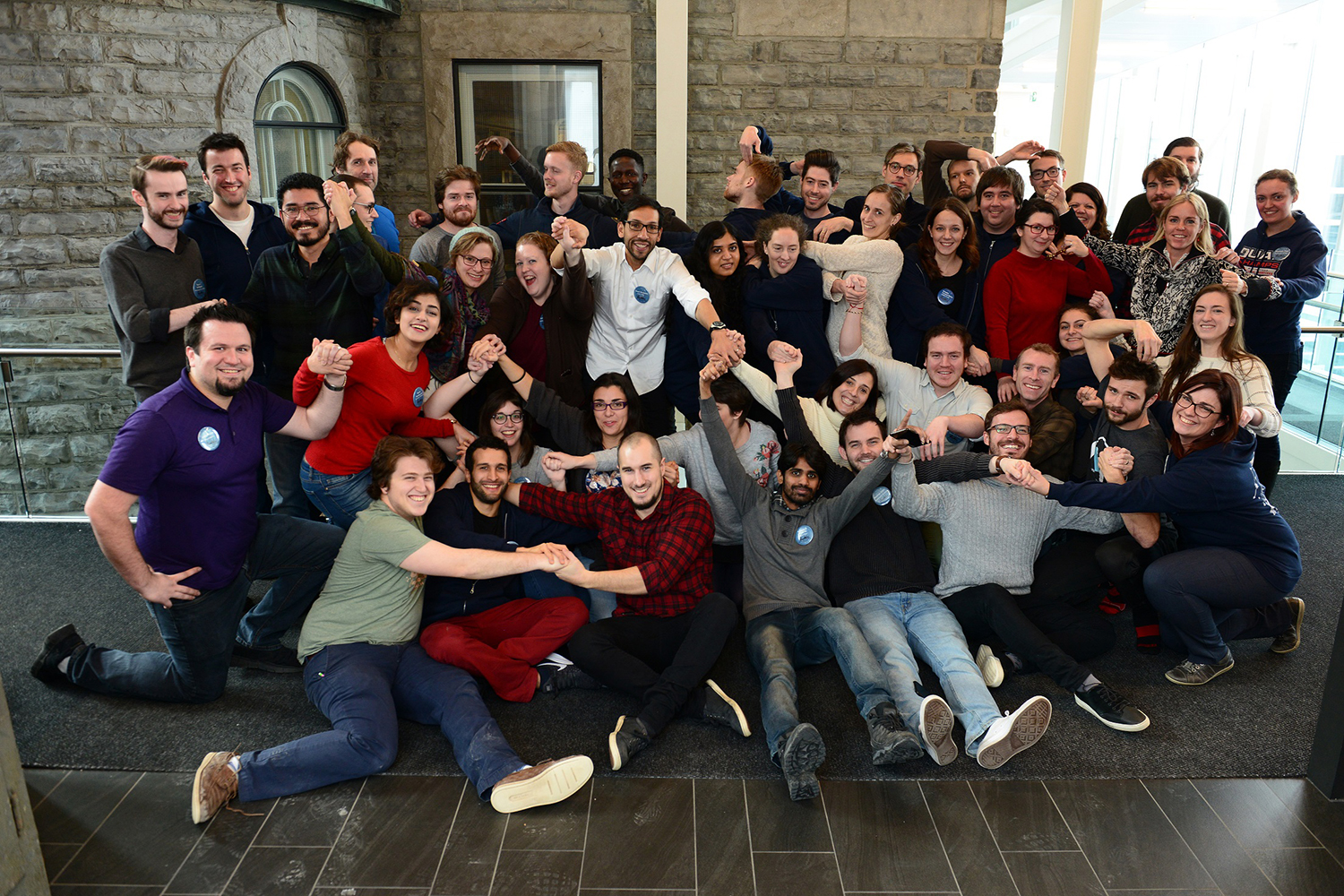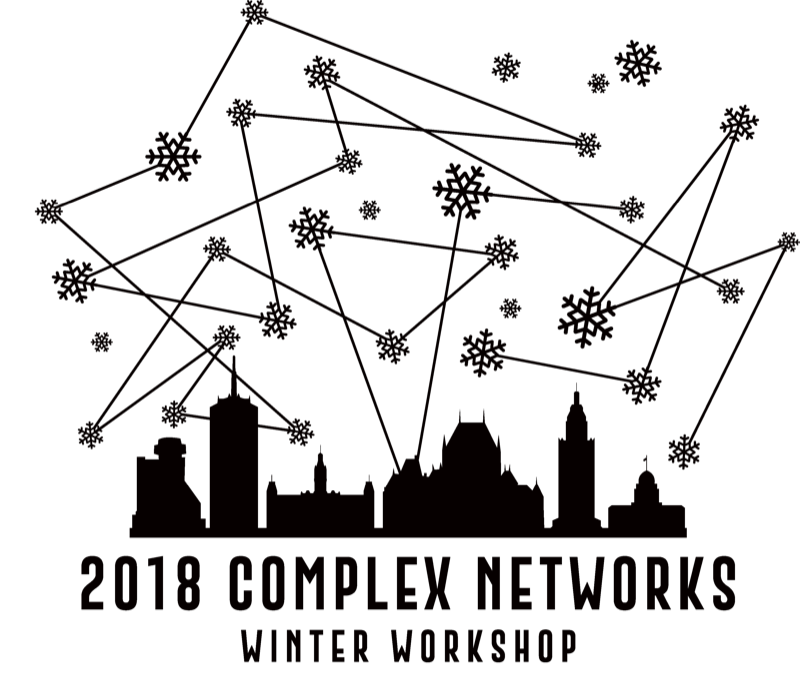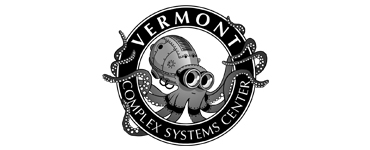Les réseaux du Nord : structure et fonction (CNWW 2018)
École doctorale internationale
15 au 21 décembre 2018, Québec, Canada
L’École doctorale internationale sur les réseaux complexes (Complex Networks Winter Workshop : CNWW) est une formation intensive d’une semaine qui offre aux participants une occasion unique de prendre part à des recherches transdisciplinaires de haut niveau en collaboration avec des chercheurs de renommée internationale dans le domaine des réseaux complexes. Dans le cadre enchanteur du Monastère des Augustines situé au cœur du Vieux-Québec, les conférences présentent des problèmes ouverts et des avancées récentes dans le domaine des réseaux complexes. Les participants à ce programme collaborent au sein de petits groupes de recherche transdisciplinaire impliquant d'autres participants et professeurs. Tous les cours sont donnés en anglais.
L’école est une collaboration entre le Complex Systems Center de l'Université du Vermont, le Networks Science Institute de l'Université Northeastern et le programme Sentinelle Nord de l'Université Laval.
40étudiants et professionnels | 9professeurs | 20universités | 9pays |
Galerie de photos et témoignages
Cliquez sur une image pour l'agrandir et lancer le défilement
 | ||||
The CNWW allowed me to establish bonds with my peers in network science from around the globe. Since the workshop, I have been connecting with them and I think these could become lasting friendships that will foster collaboration and a broader, more diverse understanding of network science through casual discussion. Sam Rosenblatt The most engaging workshop I have ever attended! The organizers put great effort in encouraging a collaborative, multi-disciplinary environment where ideas about complex networks could be explored. Niall Keleher The multiple disciplines represented by all the participants, the knowledgeable and highly approachable lecturers and mentors, the multicultural atmosphere and the historical location, the scientific content of the lectures, the imaginative research ideas, and the intense collaborative work that emerges during this event make CNWW one of most satisfying workshops that I have ever attended. José R. Nicolás-Carlock CNWW was the perfect scholarly vacation. I learned so much, made new friends, experienced a beautiful city, and had a safe and supportive environment to take intellectual risks beyond what my typical responsibilities allow. I truly learned something from every single person I met at CNWW, and each welcomed me as someone from whom they could learn as well. I returned exhausted and exhilarated, brimming new knowledge and perspectives and excited for the cross-disciplinary connections I made with scholars from around the world. I would highly recommend participation in CNWW; the experience made me a better scholar and brought renewed vigor to my work. I am so thankful I had the opportunity to participate. Sarah Shugars CNWW was a think tank, a refreshing intellectual experience that got me thinking about interesting topics that I otherwise have no time to think of in my daily work-life. Anonymous |




